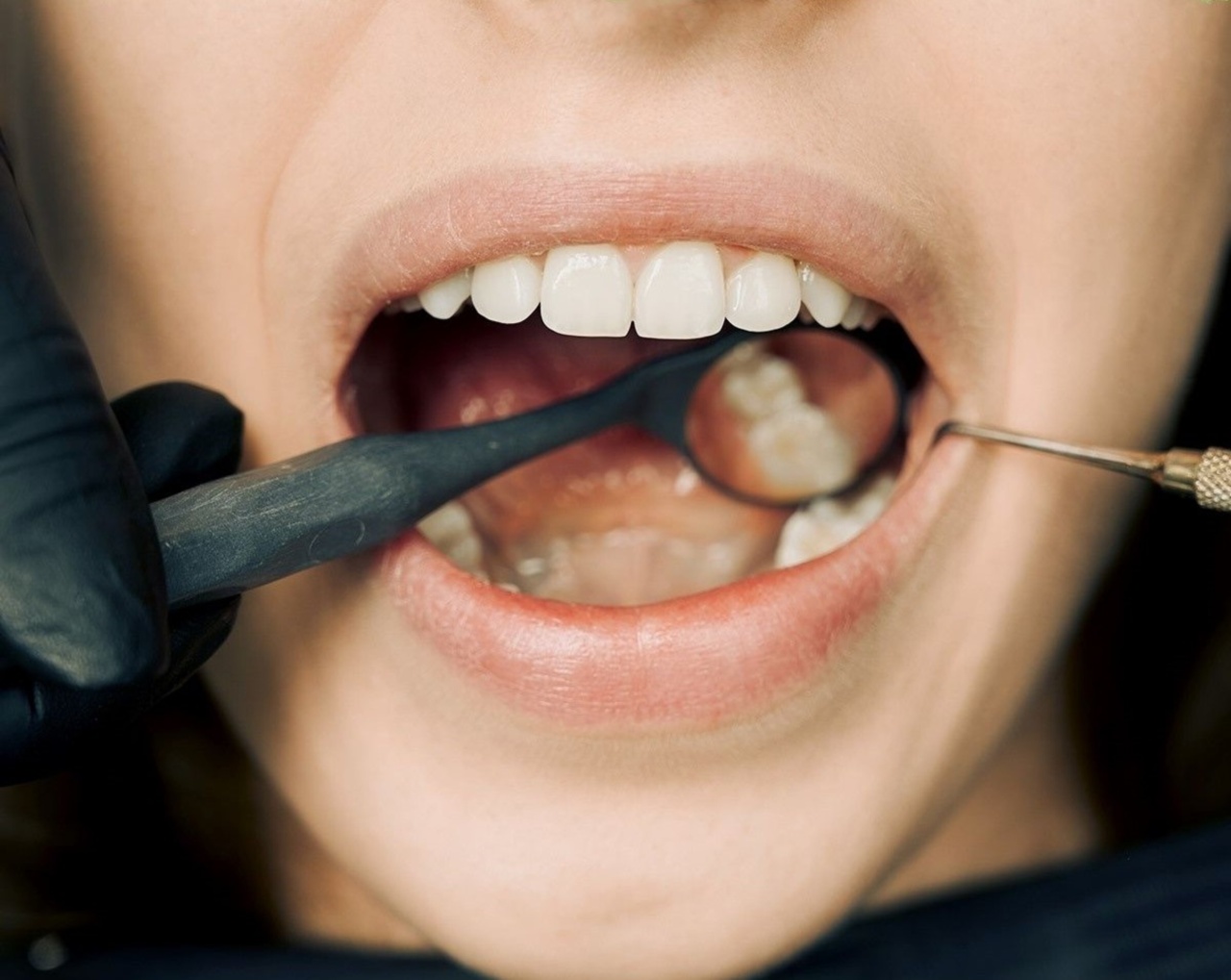Oral ulcers, also known as canker sores or aphthous ulcers, are painful lesions that occur inside the mouth, on the tongue, lips, gums, or the inner cheeks.
They are a common condition that affect people of all ages and can be caused by a variety of factors. While oral ulcers can be uncomfortable, they are usually harmless and typically heal on their own within a week or two. In this article, we will discuss the causes and treatment of oral ulcers.
Causes of Oral Ulcers
Oral ulcers can have a variety of causes, including:.
1. Trauma or Injury
Mouth injuries such as accidental bites, teeth grinding, or using abrasive dental products can cause oral ulcers. Tongue piercings or wearing ill-fitted dentures may also be responsible for causing oral ulcers.
2. Viral Infections
Viral infections such as herpes simplex, also known as cold sores, can cause oral ulcers, recurring on a periodic basis.
Another viral infection that can cause oral ulcers is hand-foot-and-mouth disease which is characterized by small sores or blisters on the mouth, on palms and soles as well as the sides of fingers and toes.
3. Bacterial Infections
A bacterial infection such as Helicobacter pylori can also cause oral ulcers. It is a common bacterium that can cause stomach ulcers, but it can also affect oral health.
4. Nutritional Deficiencies
Vitamin B12, folic acid, and iron deficiencies can lead to the development of oral ulcers. People who follow a vegetarian or vegan diet may be at increased risk of developing oral ulcers due to the lack of vitamin B12 and iron in their diets.
5. Immune System Disorders
Autoimmune conditions such as Crohn’s disease, celiac disease, and lupus can cause oral ulcers. These conditions occur when the immune system attacks healthy cells in the body, including the tissue in the mouth.
6. Hormonal Changes
Hormonal changes such as those during pregnancy can cause oral ulcers. This is because hormonal changes can affect the immune system, making it more vulnerable to bacteria and viruses.
Treatment for Oral Ulcers
Most oral ulcers will heal on their own within one to two weeks. In the meantime, there are several things you can do to relieve the pain and discomfort caused by oral ulcers:.
1. Pain Relief Medication
Over-the-counter pain relievers or numbing creams, gels, or patches can help alleviate the pain associated with oral ulcers. Avoid using aspirin as it can cause bleeding in the mouth.
2. Mouth Rinse
Rinsing the mouth with a saltwater solution can help to reduce inflammation and promote healing of oral ulcers. Stick with warm water and mix in a little bit of salt. Rinse the mouth with the solution for 30 seconds before spitting it out.
3. Avoid Certain Foods
Spicy, salty, or acidic foods can make the pain worse. Avoid these types of foods while you have an oral ulcer. Also avoid foods that require a lot of chewing, such as nuts or chips.
Stick with softer foods, such as yogurt or mashed potatoes, to minimize discomfort.
4. Topical Creams or Gels
There are several over-the-counter topical creams or gels that can be applied directly to the ulcer to help alleviate pain and discomfort.
These products contain ingredients such as benzocaine or lidocaine which help to numb the area, reducing the pain associated with the oral ulcer.
5. Corticosteroids
If oral ulcers are severe or persistent, your doctor may prescribe corticosteroids to reduce inflammation and promote healing. These are typically available as a mouth rinse, gel, or lozenge.
Prevention of Oral Ulcers
While it’s not always possible to prevent oral ulcers, there are several things you can do to reduce your risk of developing them:.
1. Practice Good Oral Hygiene
Brush your teeth twice a day and floss daily. This can help to remove bacteria and food particles that can cause oral ulcers.
2. Avoid Trauma or Injury to the Mouth
Avoid biting your tongue or cheeks and wear a mouthguard if necessary. Be careful when brushing your teeth as well, to avoid causing any trauma to the mouth.
3. Manage Stress
Stress can weaken the immune system, making the body more vulnerable to infections and viruses. Take steps to manage stress, such as practicing yoga or meditation, to reduce your risk of developing oral ulcers.
4. Eat a Balanced Diet
A healthy, balanced diet can help to prevent nutritional deficiencies that can cause oral ulcers. Make sure to include plenty of vitamin-rich fruits and vegetables in your diet.
Conclusion
Oral ulcers are a painful but common condition that affect people of all ages.
They can be caused by a variety of factors, including trauma or injury, viral or bacterial infections, nutritional deficiencies, immune system disorders, and hormonal changes. While most oral ulcers will heal on their own within one to two weeks, there are several things you can do to relieve the pain and discomfort associated with them.
Practicing good oral hygiene, avoiding trauma or injury to the mouth, managing stress, and eating a balanced diet can all help to prevent oral ulcers from developing.





























